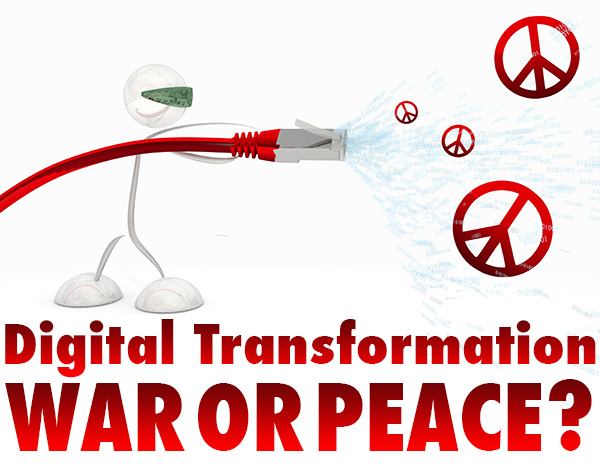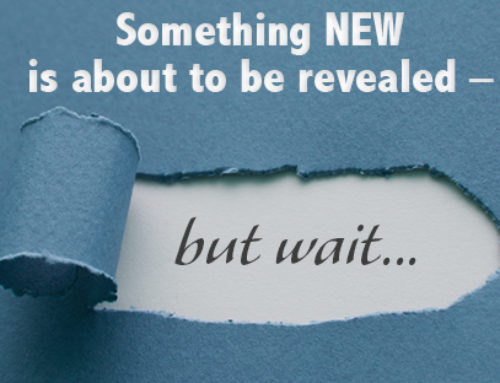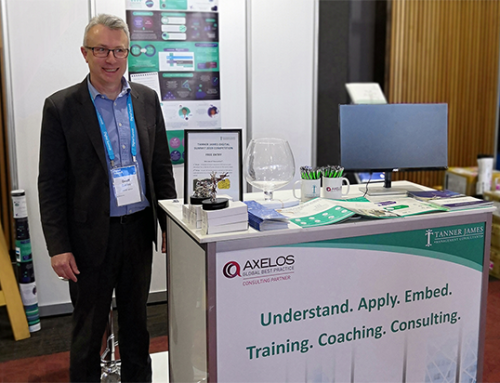Unless you have been hiding under a rock recently, you will be aware that the Digital Transformation Office (DTO) was established on 1st July 2015. Paul Shetler arrived as the new CEO shortly thereafter. Just a couple of weeks into his new job and with the agency only officially 28 days old Paul gave a powerful speech at an Institute of Public Administration Australia (IPAA) breakfast event.
Paul delivered a simple and compelling message about digital transformation in the APS: people are online, the majority of people who try to use online government services face a problem, and therefore the APS must do better. He went on to say that the opportunity to do so is immense, and that the way to approach things is to put users first, think big but start small, and deliver quickly. He told the audience that Australia can become the best in the world at delivering digital public services.
The digital transformation agenda and the messages delivered by Paul in his first speech seem straightforward and logical, and set-out an obvious direction that the APS must take. Yet when you read commentary on the internet and talk to people in Canberra it is clear there are significant challenges lurking below the surface.
What’s the problem?
Actually, there are several problems. Let’s consider the main ones.
- People. People do not act because something is straightforward and logical. They do not do things because they have been told to do them. People do things based on a complex mix of wants, needs, emotions and perceptions. Much of the foundation for their decision-making comes from relationships. Relationships that shape the data and information they notice and consider, the judgements they make, and the opinions they hold.
- How we do things around here. Canberra is a great City. Of course, it isn’t really a City. It’s a Country Town. We all know each other. We know how Government works, we know how the APS works, and we know how things really work. Collectively speaking that is. Individually this is a difficult place to grasp – I’ve lived here 25 years and I think I’m just about beginning to understand what I don’t understand.
- Teams. The modern public service is a complex that no one individual has the time or expertise to be across all the issues for particular topic – be it a policy area, technology platform or process matter. This means that work must be done in teams, and indeed in teams of teams. Much depends on how teams are structured, and how they think and communicate – both internally and with other teams.
- Framing. What I mean by framing is how people look at the world. Different people with different backgrounds and experiences will inevitably look at each situation with a different perspective from those around them.
I thought we were talking about digital transformation?
We are. The point being that digital transformation is not about technology. Technology is the exciting fun part where it’s easy to paint a picture of a digital future to which we should all rightly aspire.
The toughest challenges faced by the DTO, and all agencies involved in digital transformation, are not about technology. They are about people, how we do things around here, teams and framing.
If the DTO is to be a successful catalyst for the digital transformation agenda it must build relationships – and many of them. I don’t mean digital relationships – blogs, feeds etc- useful as they are, I mean real human relationships. So while I applaud the “Engage” page on the DTO website, I am hoping to see all you DTO-ers drinking gallons of coffee in the far-flung reaches of Tuggeranong, Belconnen and Woden.
I am hoping there will be high-performing digital transformation teams that arise from coffee-shop conversations. Teams within teams that are small and large at the same time. Teams that span agency boundaries. Teams made from people with different backgrounds and experiences that have established the trust required to underpin common vision, innovation and success.
I am hoping there will be a vigorous debate about how we can have the best of both worlds – the agile, fast-paced can-do digital world, and the more measured, structured, process-conscious and accountable world of the government frameworks.
War or peace?
I see a risk here, and the risk I see is that there could be war. Old versus New, Digital versus Paper, Modern versus Ancient etc. People could yell at each other about who is right and who is wrong.
I think that would be a shame, because I personally fully subscribe to the need for digital transformation in the APS, and believe that if we get it right Australia can become the best in the world at delivering digital public services.
I am just one person, with my own wants, needs, emotions and perceptions, who frames things based on my own background and experiences. But with that caveat, I can say with my hand on my heart that I believe PRINCE2 Agile offers the opportunity for peace.
Let the conversations begin – peacefully!






Leave A Comment